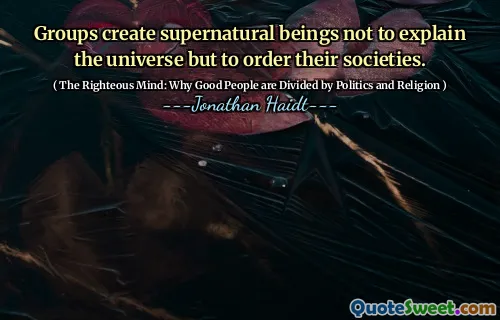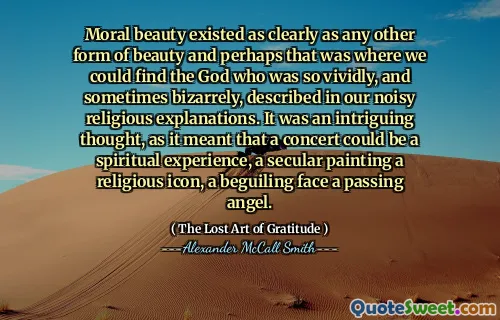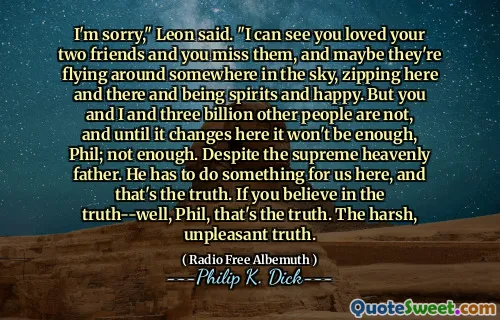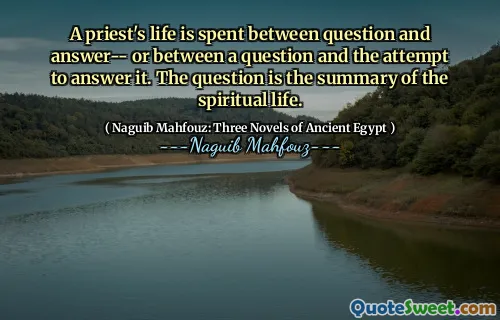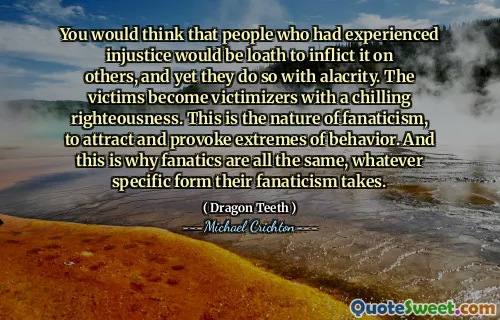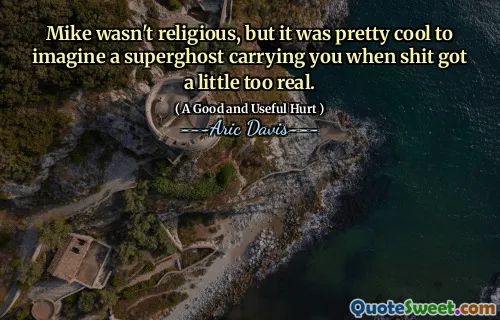
Groups create supernatural beings not to explain the universe but to order their societies.
This quote highlights a fascinating aspect of human social dynamics and the role of supernatural beliefs within communities. It suggests that religious or mythological figures are not merely attempts to understand the cosmos but serve a more pragmatic function: organizing and maintaining societal structure. Throughout history, human beings have crafted gods and supernatural entities to embody societal values, enforce moral codes, and legitimize authority. These beliefs often become tools for social cohesion, forging a shared identity and a collective sense of right and wrong.
From a sociocultural perspective, supernatural beings often embody the ideals or fears of a community, acting as divine enforcers of societal norms. For example, deities associated with justice, virtue, or punishment reinforce social order by embodying the community's expectations. Such constructs help people navigate complex social interactions, resolve conflicts, and establish hierarchical roles. Rather than purely explaining natural phenomena, these beings serve as a framework to organize human behavior and maintain societal stability.
This perspective challenges the notion that religion originates solely from a desire to understand the universe. Instead, it emphasizes the social functions of religious narratives and figures. This realization encourages us to see spirituality as intertwined with human needs for security, belonging, and social regulation. It also raises questions about how modern secular institutions replicate similar roles in maintaining social order.
The idea aligns with theories in anthropology and sociology that view religion and supernatural beliefs as social tools rather than purely spiritual pursuits. Recognizing this purpose can deepen our understanding of the persistence of religious practices, even as scientific explanations evolve. Ultimately, the quote invites reflection on how human societies continuously craft symbolic systems to serve practical functions, often borrowing theological language to uphold social cohesion and stability.
